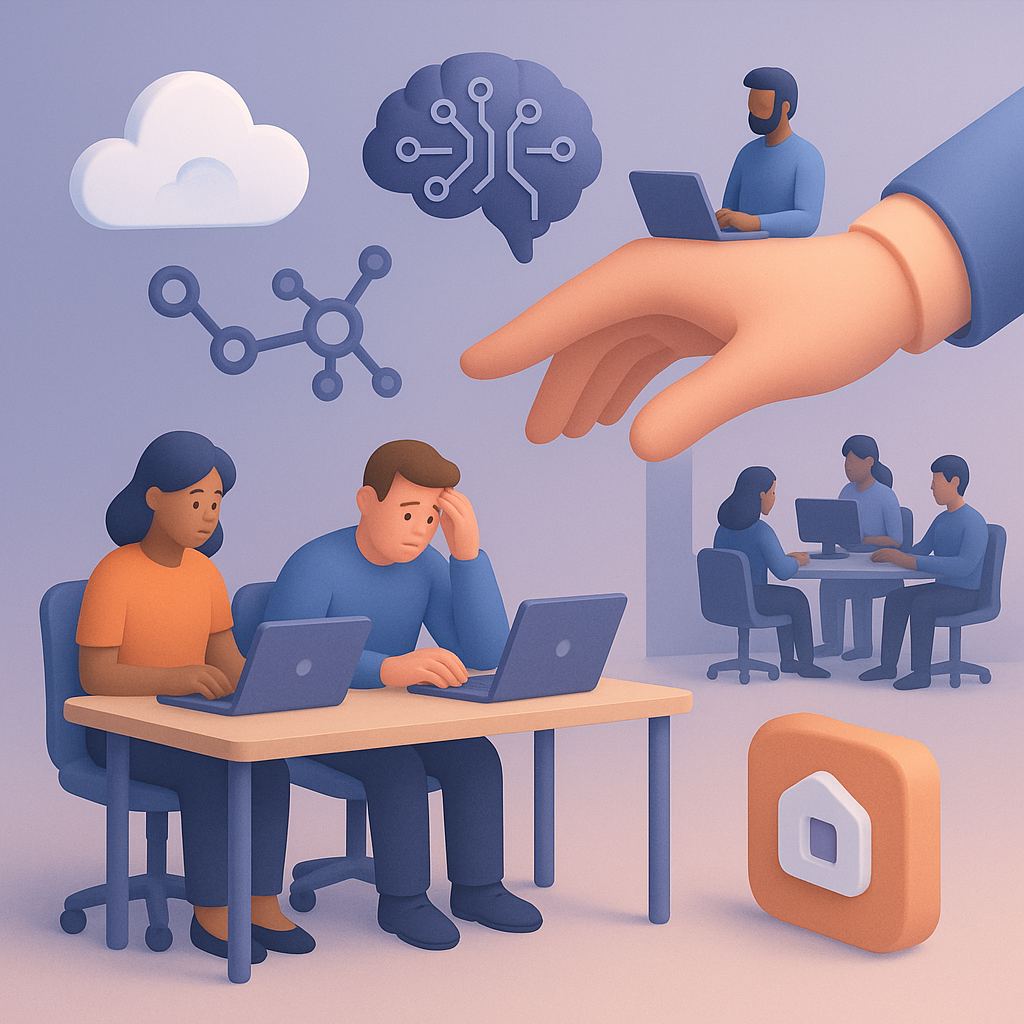Why and When to Outsource Software Product Development: Models, Benefits & Best Practices
- Nithin Sethu
- 24 Jun 2025
In the digital-first business era, building high-performing, scalable software products is essential for staying competitive. However, not every organization has the internal bandwidth or expertise to do this effectively. That’s where the decision to outsource software product development becomes not just beneficial—but strategic.
Whether you're a startup looking to build an MVP or an enterprise aiming to accelerate digital transformation, understanding the benefits and models of outsourced product development can help you make smarter business decisions.
Why Businesses Choose to Outsource Software Product Development
Companies outsource software product development for a variety of reasons—cost efficiency, faster time-to-market, scalability, and access to global talent. Here are a few common situations where outsourcing makes perfect sense:
-
Lack of In-House Skills: You need expertise in emerging technologies like AI, cloud-native development, or cybersecurity.
-
Tight Deadlines: Your internal team can't meet aggressive timelines without compromising quality.
-
Focus on Core Business: Your business isn’t software-centric, and you prefer to invest internal resources into strategy and operations.
-
Cost Reduction: Outsourcing eliminates recruitment, infrastructure, and training costs.
-
Innovation & Flexibility: Outsourcing gives you the flexibility to test new ideas with minimal risk.
Understanding Key Outsourcing Models
Choosing the right outsourcing model is critical to the success of your project. The right model depends on your project scope, timeline, budget, and desired level of control.
1. Dedicated Development Team Model
In this model, a third-party vendor provides a full-time team exclusively dedicated to your project. This model works well for long-term projects with evolving requirements.
Benefits:
-
Seamless collaboration
-
High control over workflows
-
Ideal for complex or ongoing product development
Use Case: You’re building a SaaS platform with multiple phases and plan continuous iterations over 12+ months.
2. Time and Materials Model
This model bills based on the actual time spent and resources used. It is flexible and ideal for projects where the scope may change over time.
Benefits:
-
Pay as you go
-
Great for agile development
-
Easily scalable based on changing needs
Use Case: You’re exploring a new product feature or MVP, but the requirements are not fully defined yet.
3. Fixed Price Model
A fixed price is agreed upon before the project starts. It’s best for projects with clearly defined requirements and scope.
Benefits:
-
Predictable budgeting
-
Minimal supervision needed
-
Lower risk for short-term projects
Use Case: You need to build a basic eCommerce platform with a clear list of features and a fixed timeline.
Advantages of Outsourced Product Development
-
Access to Global Talent: Work with world-class engineers and domain experts.
-
Scalability: Ramp up or down depending on project needs.
-
Faster Time-to-Market: Outsourced teams can operate 24/7 across time zones.
-
Focus on Core Business: Let external experts build your product while you focus on strategy, customers, and growth.
-
Risk Mitigation: Proven vendors follow industry best practices, ensuring compliance and quality.
Choosing the Right Outsourcing Partner
When outsourcing, don’t just look at the cost. Evaluate potential partners based on:
-
Technical expertise and technology stack
-
Communication and project management tools
-
Past work in your domain
-
Flexibility in engagement models
-
Quality assurance and security practices
A good outsourcing partner doesn’t just build your product—they enhance your vision.
Conclusion
Outsourcing isn’t just about saving costs—it's about accelerating innovation, accessing specialized skills, and building software that scales. Whether you opt for a Dedicated Development Team Model, Time and Materials Model, or Fixed Price Model, the key is to align your choice with business goals, timeline, and project scope.
By strategically choosing to outsource software product development, businesses can unlock new growth opportunities and stay ahead in an increasingly digital marketplace.



